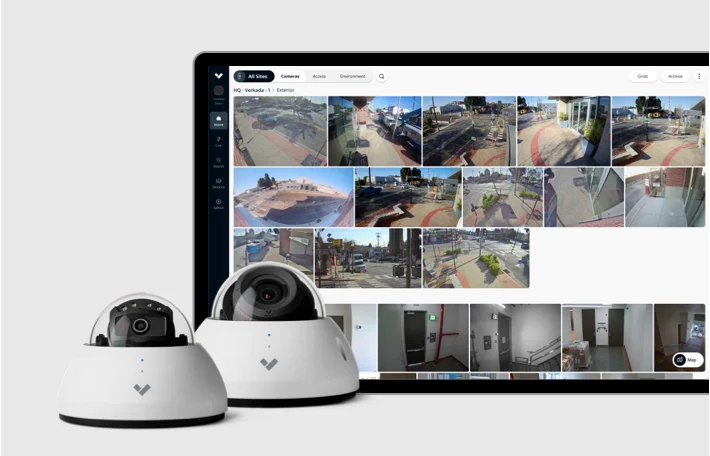Your cart is empty.

NVR Meaning
NVR Meaning: Introduction
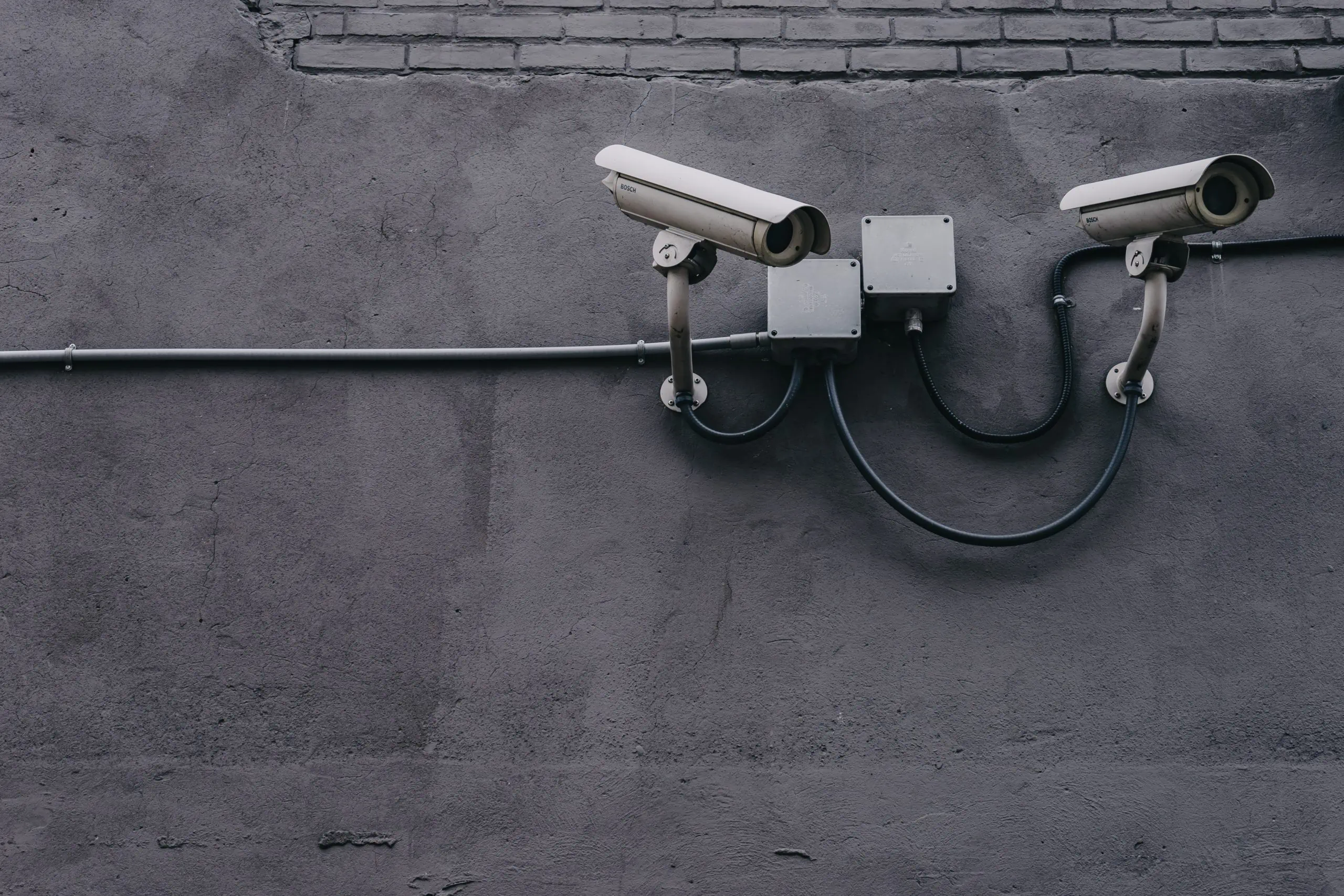
When choosing security cameras, you can select a digital video recorder (DVR) or a network video recorder (NVR), both of which capture and store video files. They both have the same function — to record security camera footage and play it back—but they operate differently and have different camera compatibility options. But, what’s the difference? What is the NVR meaning?
NVRs, in essence, capture and store video streams from IP cameras, presenting a robust digital infrastructure that transcends traditional surveillance methods. Thus, NVRS provide unparalleled flexibility, remote accessibility, and crystal-clear image quality.
In this article, we will delve into NVR systems, its components, and benefits. Additionally, we will touch on the privacy of NVR systems. We’ll then turn to DVR systems, comparing it with NVR systems. Finally, we’ll help you assess which system is right for your security needs.
NVR Meaning: How Do NVR Systems Differ From DVR Systems?
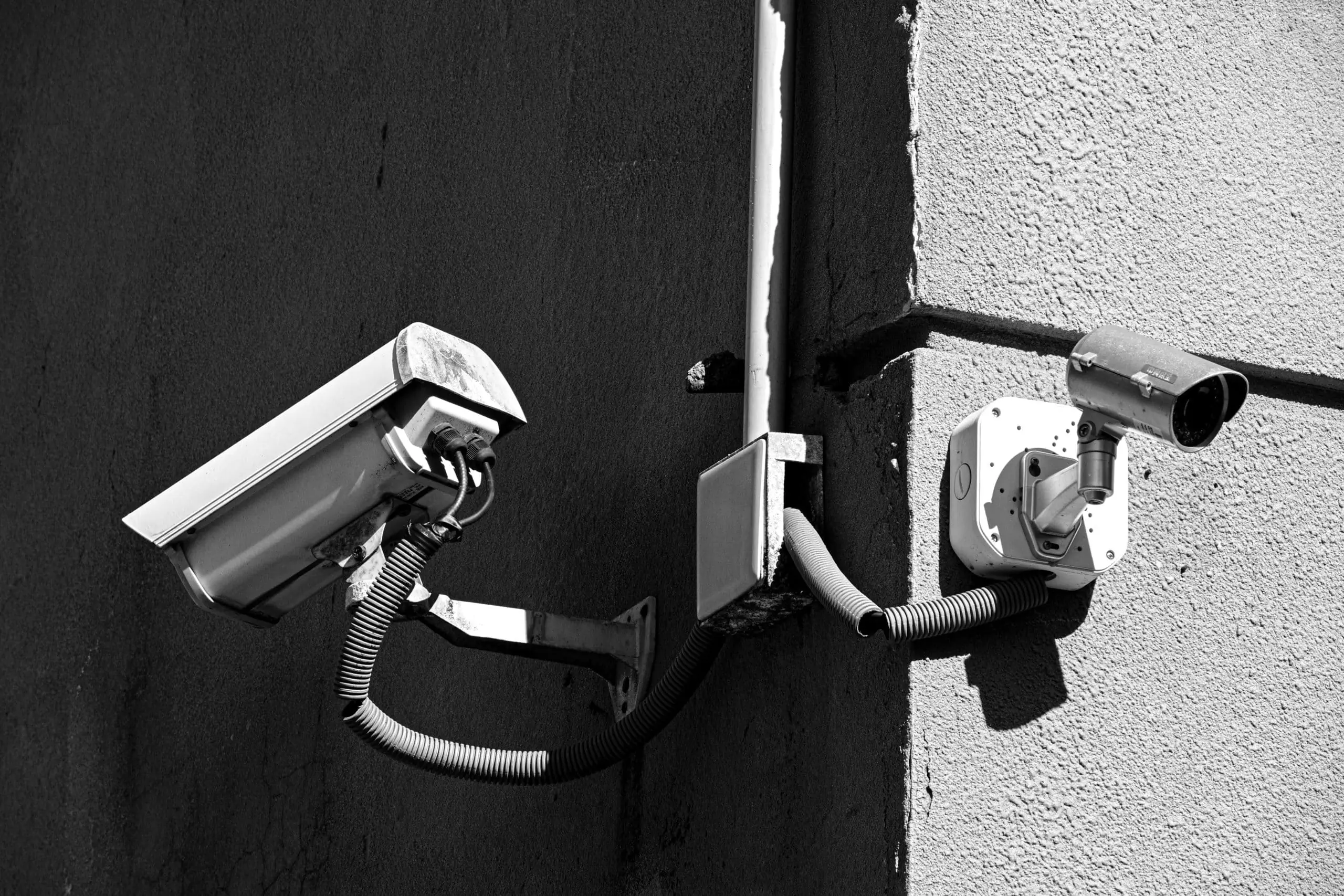
Network video recorders (NVR) and digital video recorders (DVR) differ primarily in how they handle unprocessed video data. In contrast to an NVR, which typically only works with digital footage, a DVR converts analog video into a digital format. While NVR systems encode and process the data at the camera before transferring it to the recorder for storage and remote viewing, DVR systems process data at the recorder. Unless otherwise configured, the DVR connects to an analog CCTV system through use of a coaxial cable, whereas the NVR connects to an IP camera system via Ethernet or WiFi.
NVR Meaning: A NVR System Overview
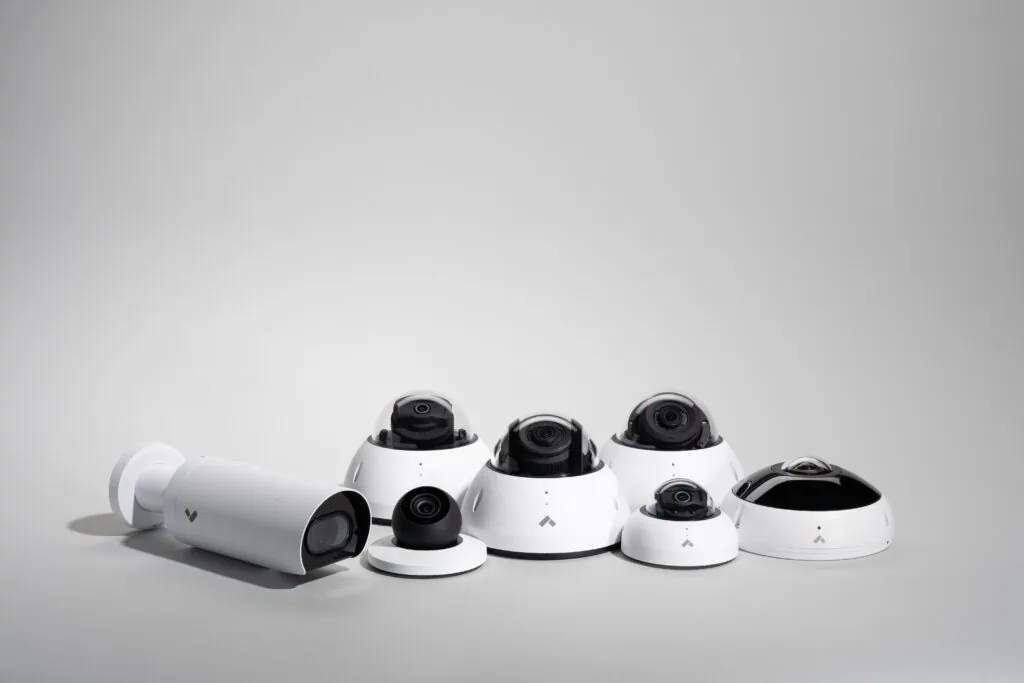
An NVR system has four main components: Internet protocol (IP) cameras, a recorder, a storage system, and networking capabilities. The IP cameras process the video data before relaying it to the recording device. The recording device records the footage from the cameras onto a storage system. The storage system can be either internal or external, and it stores the recorded footage for later viewing. The networking capabilities of an NVR system allow it to be connected to the internet so that it can be accessed remotely.
The IP Cameras
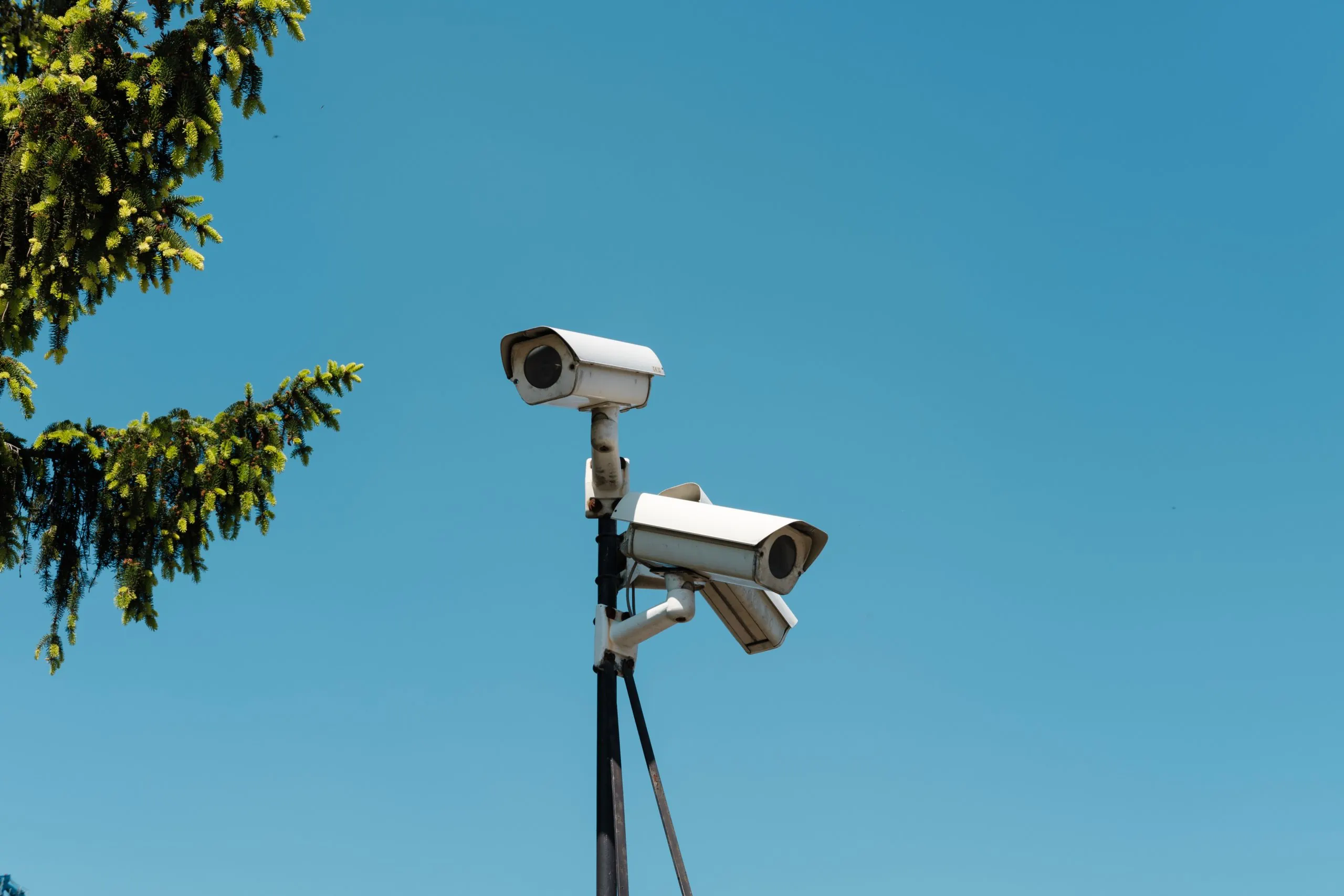
Video is encoded and processed by digital Internet protocol (IP) cameras. Then, the video data is relayed to the recorder. Hence, each camera has a processing chip that sends video to the NVR system for storage and remote viewing. Moreover, the security cameras must be connected to the Internet in order for the video data to be transferred from the security camera to the storage drive.
This approach is considered much more powerful and efficient than traditional video recording since it offers higher-quality video recording as well as features like audio recording. Additionally, IP cameras with advanced hardware enable intelligent video analytics such as license plate and facial recognition.
The Recorder
The recorder is only used to store and view video footage. All processing of video data is done at the camera.
The Storage System
Video footage from NVR cameras is stored on one or more digital storage devices, like hard drives, solid-state drives, and even flash drives. These hard drives can be kept on-site. However, NVR drives can also be kept off-site as an extra security precaution to detect and prevent potential attacks on the server.
The NVR Networking Capabilities: Ethernet
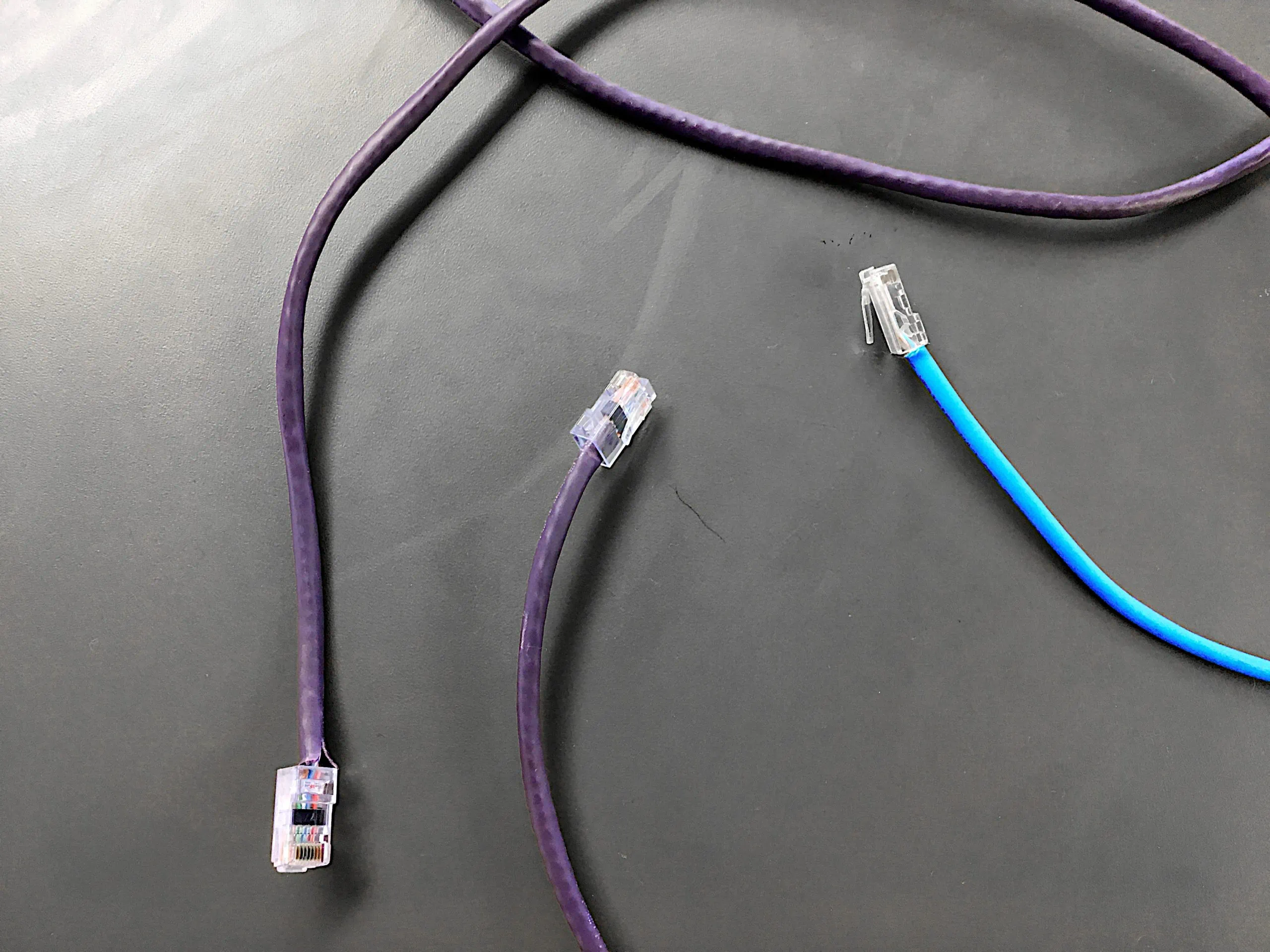
Some NVR cameras are wireless. For those that are not, power, video, and audio are all delivered via a single Ethernet cable. Since most (but not all) NVR systems receive Power over Ethernet (POE) – meaning only one cable is needed – there is no need for power splitters or wall sockets.
Ethernet cables can only run for 100 meters, but they have several advantages over the coaxial cables that are used for DVR systems. For example, they are easier to install due to their thinner shape, cost less, and are more widely available than coaxial cables.
Data Security of NVR Systems
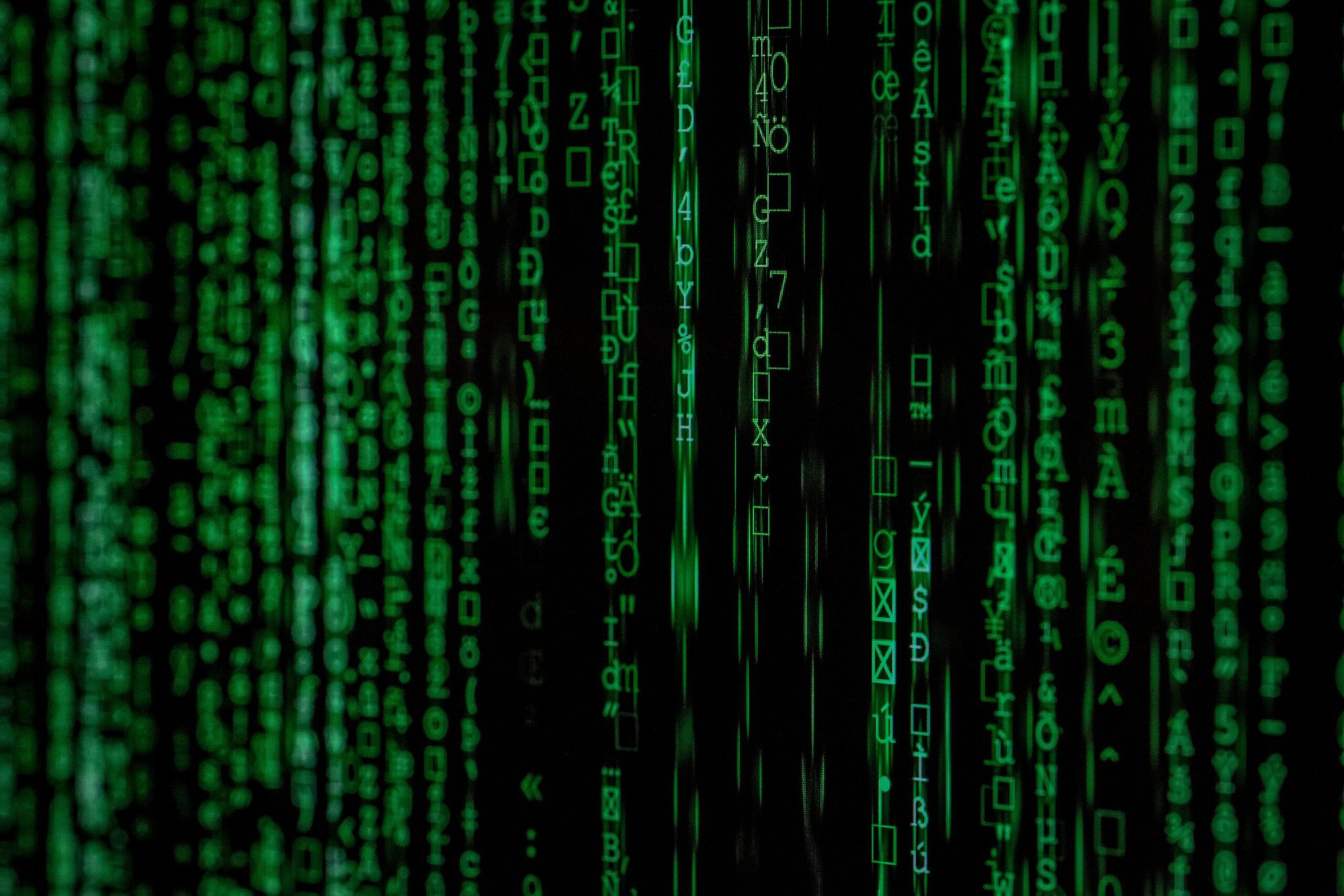
In the world of NVR systems, addressing security concerns is paramount. This includes robust encryption and privacy safeguards to ensure that sensitive data remains protected from unauthorized access. By employing advanced encryption techniques, NVR systems fortify your surveillance data, allowing only authorized personnel to access and interpret it. At the core of NVR technology is a meticulous approach to privacy, safeguarding your surveillance infrastructure with unwavering vigilance.
NVR Systems and the Cloud

Unlike traditional DVRs that save data locally, NVRs leverage the power of the cloud for enhanced functionality and accessibility. This means that recorded video can be stored remotely on the cloud, maintained by service providers, offering several benefits.
Transitioning to the cloud provides scalability and flexibility to NVR systems. This means you can easily expand your storage capacity as your needs grow, without the limitations of physical hardware. Furthermore, cloud-based NVRs allow seamless remote access to your video feeds and recordings. Whether you’re at home, in the office, or traveling, you can view and manage your surveillance system through internet-connected devices like smartphones or computers.
The cloud integration of NVRs also enhances data security. Local storage might be vulnerable to theft, damage, or system failures, jeopardizing critical footage. In contrast, cloud-based systems offer redundant backups and advanced encryption, reducing the risk of data loss and unauthorized access. Moreover, maintenance becomes hassle-free as updates and patches are handled by the service provider, ensuring your system’s reliability.
A Recap on the Advantages of NVR Systems

NVR systems provide several benefits, heightening security and efficiency for many businesses. Consider the following:
Enhanced Clarity and Detail NVR systems capture footage in striking high definition, ensuring every pixel counts. The result is clear, detailed imagery that aids in accurate identification and analysis.
Seamless Integration and Scalability NVRs seamlessly accommodate a variety of cameras, expanding your surveillance network without complexity. Whether you need coverage for a small office or a sprawling campus, NVRs scale to your demands.
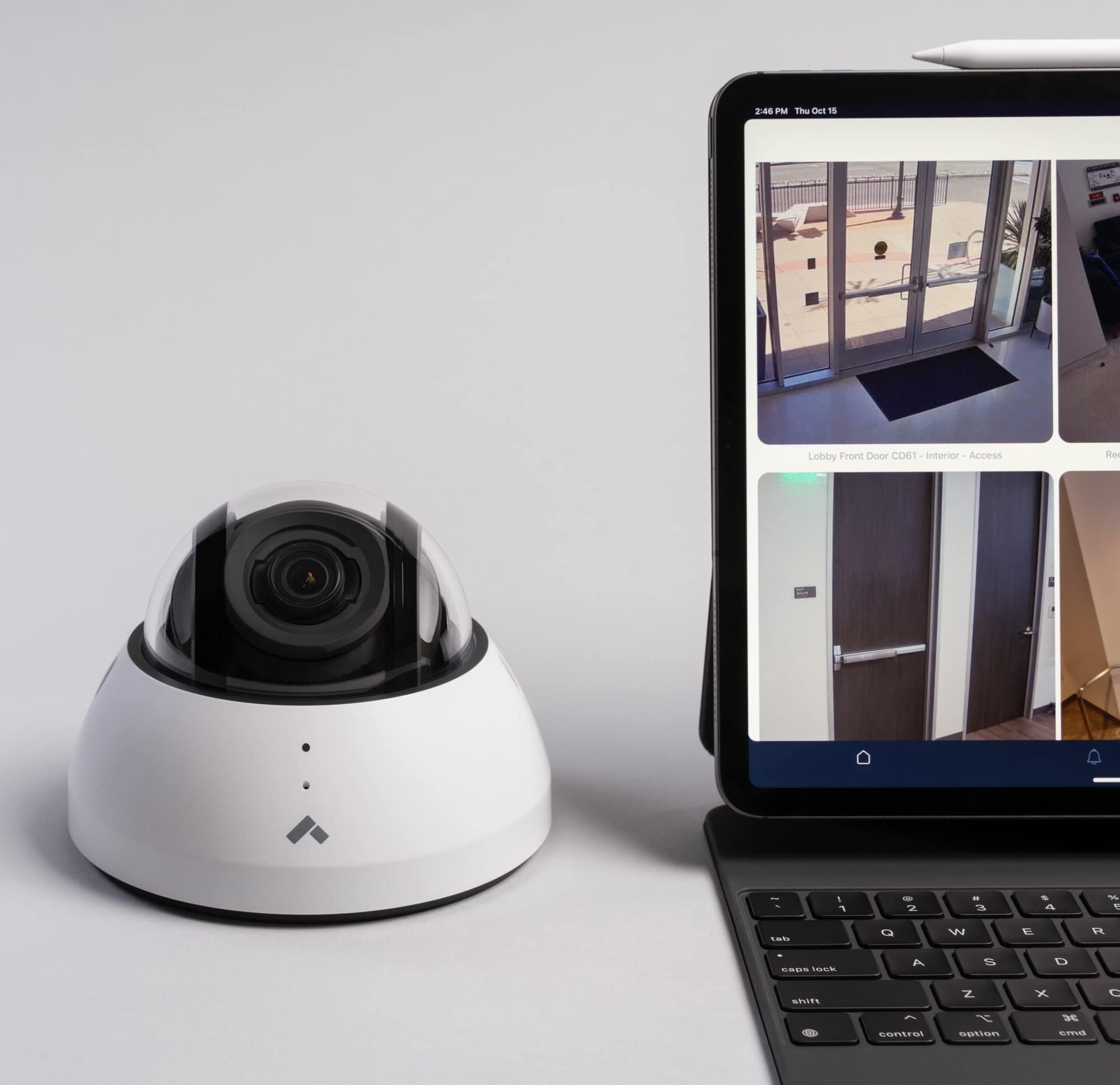
Remote Accessibility and Monitoring Embracing NVR technology means maintaining vigilance from anywhere. Remote access enables real-time monitoring, empowering you to keep tabs on your premises regardless of your physical location.
Robust Data Security Measures Security is paramount, and NVRs uphold this principle. With encryption and access controls, sensitive data remains protected.
All in all, NVR systems delivers an array of advantages — enhanced clarity, scalability, remote accessibility, and more.
Final Notes on NVR Meaning
So, why are NVR systems becoming so popular? What is the NVR meaning? Well, NVR camera systems can upload footage to cloud-based servers, which is an advantage of being connected to the internet. They are not limited to on-premise storage, unlike DVR systems. As such, they can support a much higher capacity than DVR systems.
A DVR System Overview
A DVR system has seven main components: analog cameras, a central processing unit (CPU), coaxial cables, analog-to-digital (AD) encoders, a hard drive, input/output ports, and software. Analog cameras transmit signals to the recorders that process the video data. The CPU is responsible for handling all of the recording and playback functions. It also manages data storage on the hard drive. AD encoders convert raw video data to a viewable format.
The hard drive is where all of the video footage is stored. It is important to have a large hard drive in order to store hours of footage. The input/output ports allow you to connect other devices to the DVR, such as a mouse, keyboard, or monitor. Finally, the software enables you to control all of the features of the DVR system.
The Analog Cameras
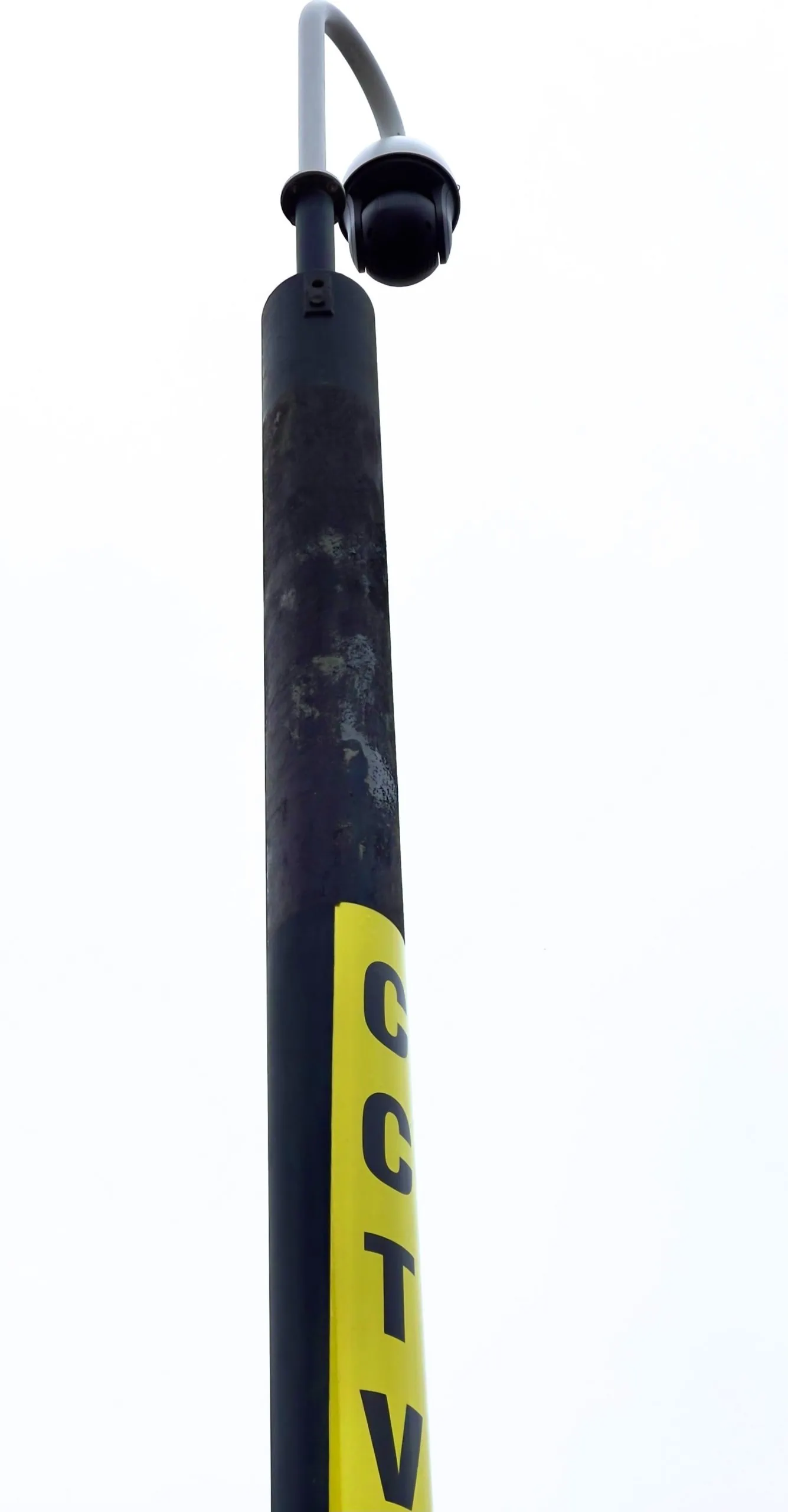
Analog security cameras, or CCTV cameras, are typically used in DVR systems. These cameras are not connected to the internet. Hence, because of the camera’s limited capabilities, DVR security systems are typically less expensive than NVR systems. Analog cameras send analog signals to recorders, which process the video data.
The Central Processing Unit (CPU)
A DVR system has a CPU that functions as the “brain” of the recorder. It is responsible for processing all the information that comes in and out of the device (e.g., recording and playback functions). The CPU is typically a single chip that contains all the circuitry needed to perform its tasks.
The Coaxial Cables
Through a coaxial cable that can travel up to 500 meters, the analog camera is linked to the DVR. Coaxial cables have several limitations. First, in contrast to PoE cables, coaxial cables do not supply power to the camera. As a result, there are two different types of cables required for each camera: one for power and one for video transmission. Second, installation of coaxial cables can be difficult because they are wider and stiffer than Ethernet cables. Third, standard coaxial cables cannot support audio transmission.
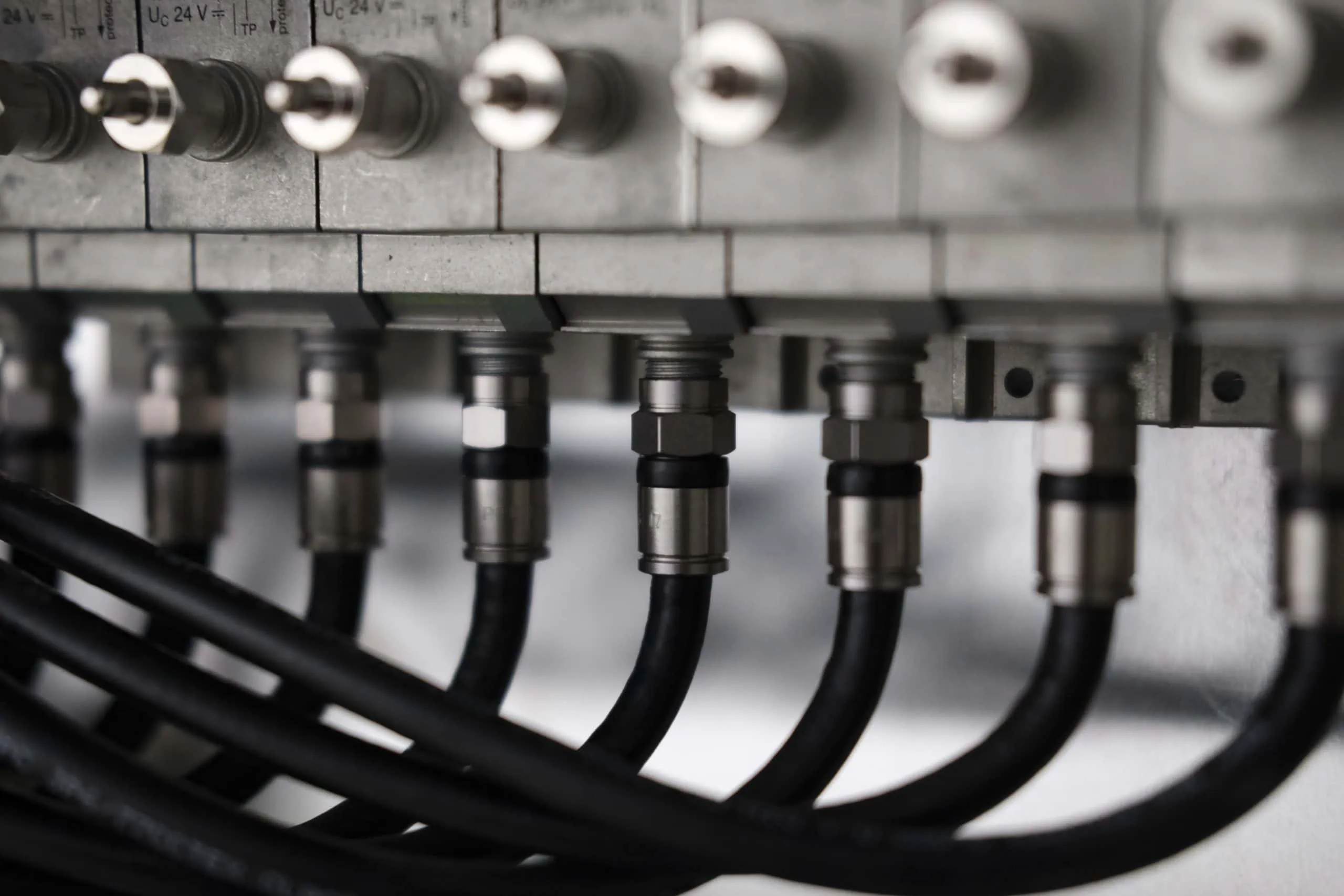
The AD Encoders
AD encoders are necessary for DVR recorders because they transform the raw video data from the camera into a usable and viewable format. As such, each camera in a DVR system must be linked to the recorder and to a different power source.
The Hard Drive
A DVR system has a hard drive that stores video footage. The footage is stored in a digital format and can be accessed by the DVR system’s user.
The Input/Output Ports
A DVR system has many input and output ports that are used to connect the DVR to other devices. The most common input and output ports are the HDMI, component, and composite ports. The HDMI port is used to connect the DVR to a HDTV. The component port is used to connect the DVR to a standard definition TV. The composite port is used to connect the DVR to a VCR or DVD player.
A Final Comparison Between DVR and NVR Meaning: Cameras
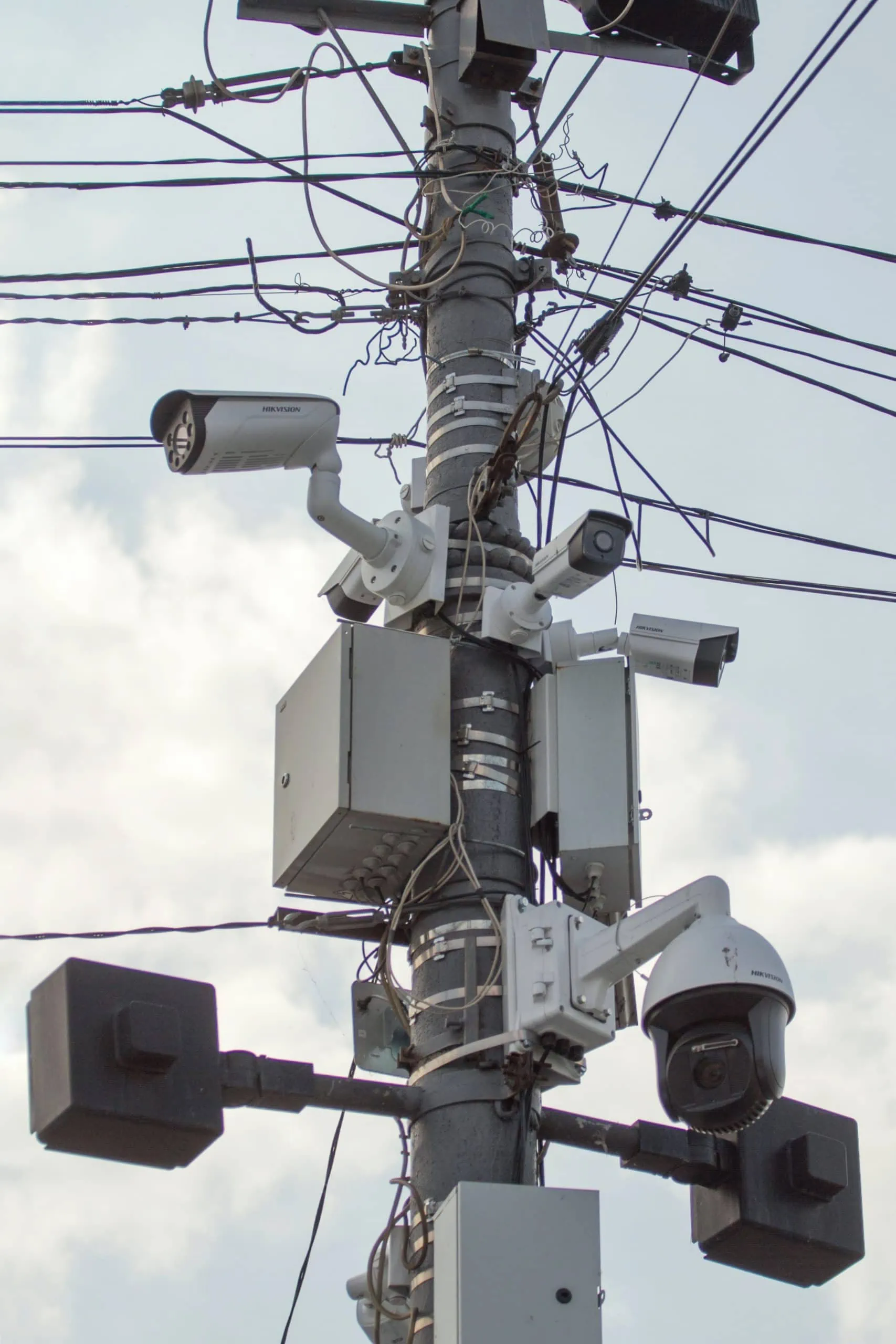
In comparison to analog cameras, IP cameras are able to capture video at a higher frame rate and produce higher-quality images. Additionally, the cameras allow for an unlimited number of NVRs. Moreover, users can access and view the footage remotely. Lastly, these cameras are cloud comptabilite which is a major advantage as you can view your footage anywhere, at any time.
NVR Meaning: Choosing Between NVR and DVR Systems
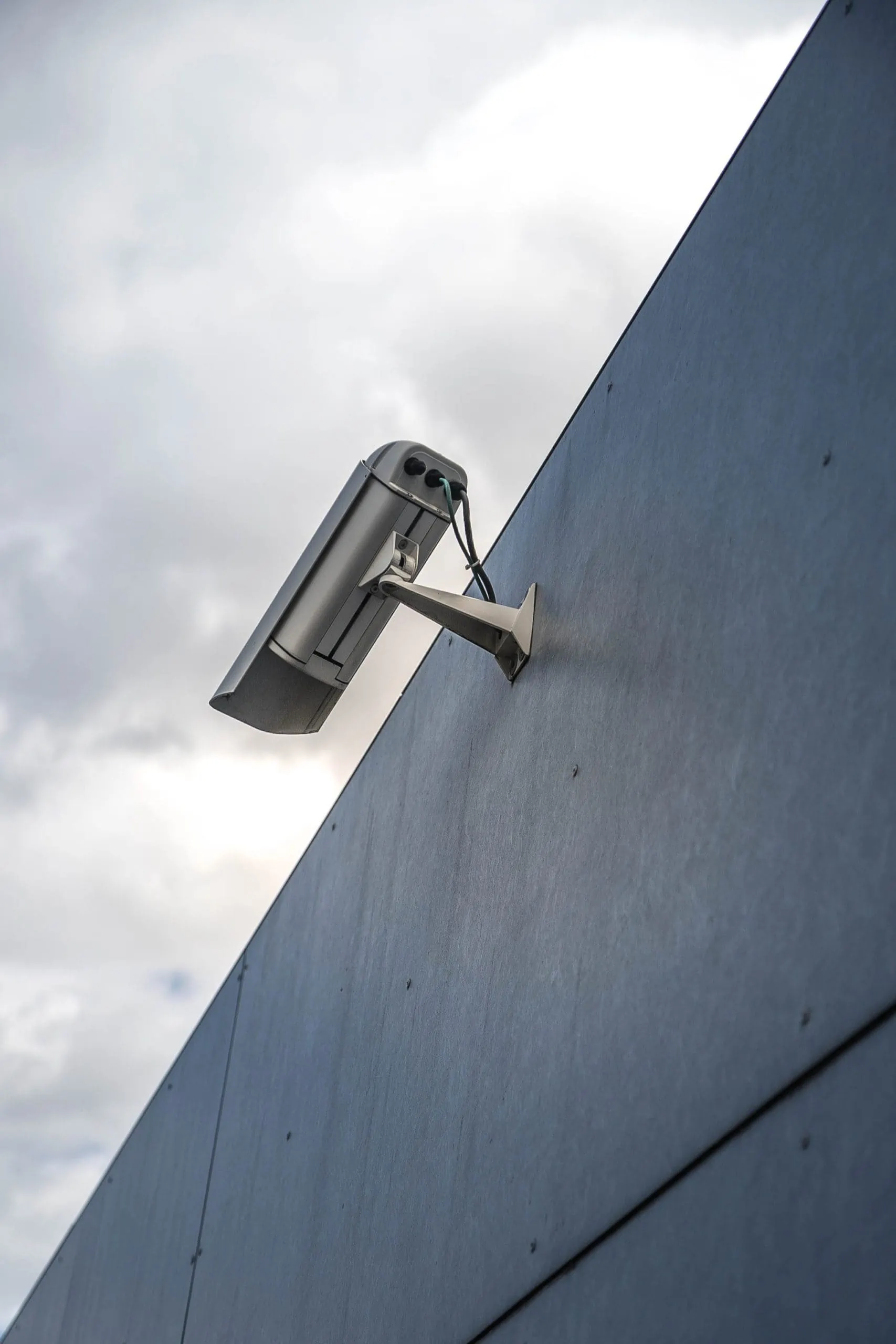
Both the DVR and the NVR, essentially, record video footage to a hard drive. Their differences are in their design and implementation: how they handle raw data, how they are set up, and which cameras they are compatible with. In the end, a system that balances your needs is the best option. Here are some factors to take into account to help you make your choice:
- What hardware, such as wiring, are you currently using? Are you ready to swap it out?
- Do you have any experience with network device programming?
- How much upkeep is necessary?
- Who requires access? Do you need or want remote access?
The fact that both systems may be rigid and challenging to scale is another thing to take into account. Some limitations are as follows:
- For remote access, ports must be opened or forwarded, which creates security vulnerabilities in your system.
- Total cost of ownership (TCO), which is determined by the number of hardware components that must be maintained, can be high and unpredictable.
- If NVRs are deployed in multiple locations, updating them can be time-consuming and expensive (software updates and licensing fees are not always included).
- Since there is a limited number of ports available on each recorder, adding and moving cameras is not flexible.
Turning to Advanced Solutions
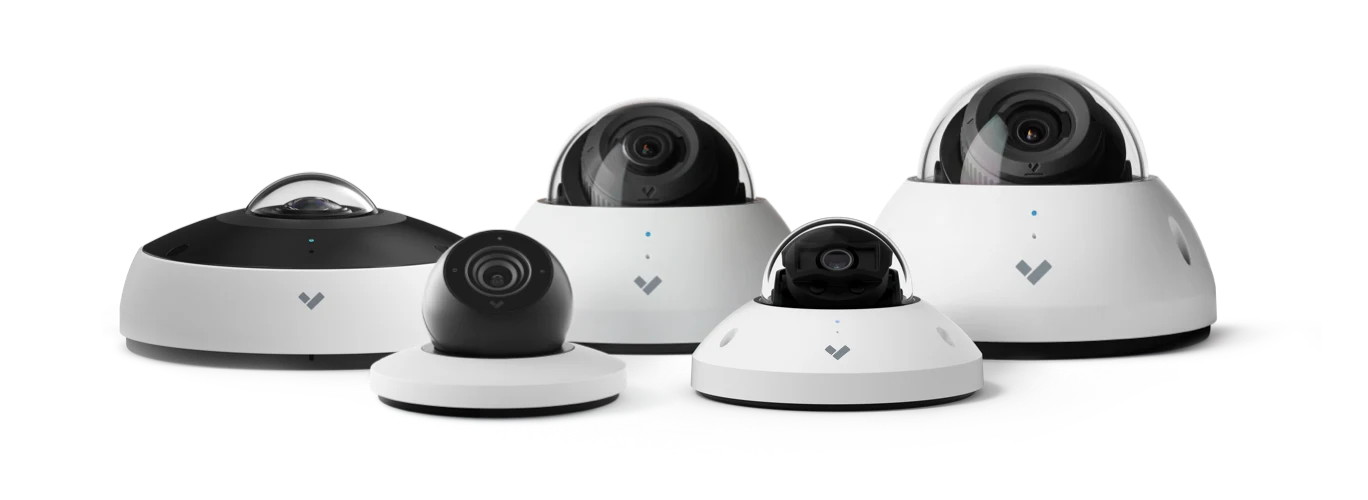
DVR and NVR surveillance are both considered “traditional” systems since more advanced technology is now available. A lot of businesses now need more storage capacity, scalability, data security, usability, video analytics, and trustworthy remote access. Cloud and hybrid cloud solutions are a contemporary replacement for the conventional systems. Learn more in the section below.
Verkada’s Cameras
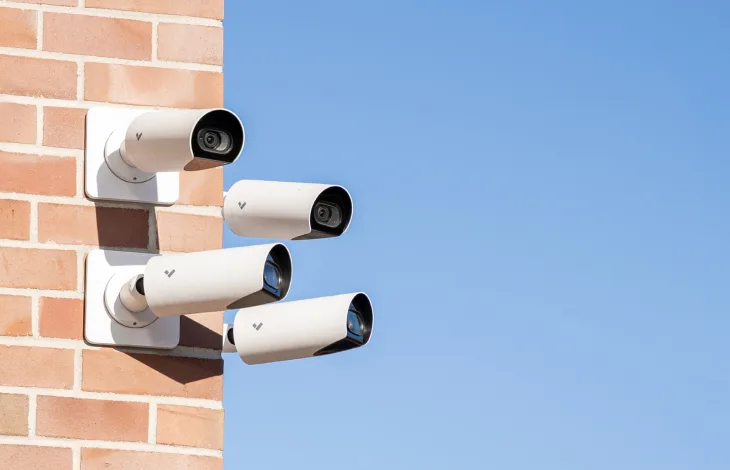
Nowadays, businesses need more storage, scalability, security, and video analytics than NVR or DVR systems can offer. Verkada offers these features and more. Verkada cameras stand out from the rest because they provide an advanced, AI-driven security environment. Consider the following features that make the cloud-based security cameras of Verkada unique:
Solid-state Storage (SSD)
No NVR, DVR, or server is required. This means you pay for what you use – and that’s all. Moreover, this reduces any extra overhead operations and the expenses they come with!
Regular, Automatic Software Updates
No need to worry about if your devices are working properly or are up-to-date with our Verkada devices.
Simple Plug-and-Play Install
Just a standard Ethernet cable is required for the cameras to be brought online and fully operational within minutes!
Unlimited Storage on Camera and Cloud
Reduce your business’ liability risk with unlimited cloud archiving offered by Verkada cameras.
Unlimited Users Allowed
You can easily authorize admins access to an unlimited number of users.
AI-Based Video Analytics
Face detection and person of interest detection. If you have a thief on your hands, you can easily receive alerts when that person re-enters your business.
Smart Filters
Search for specific people, vehicles, and objects without having to spend too much time scrubbing through footage.
License Plate Recognition
Identify license plates of interest in your parking lot.
Accessible Anywhere, Anytime
Access archived or live feed videos on any device or browser
Live Alerts
Receive instant alerts in any meaningful event
Shareable Live Feeds
Share your live feed via SMS. This is useful as you can send it to first responders in case of an emergency for dramatically reduced response time.
Infinitely Scalable
No matter how large your business is, we can help you keep everyone on the same page.
10-Year Warranty
Rest assured that your money is well protected!
Explore Security CamerasNVR Meaning: Conclusion

All in all, both NVR and DVR systems have their share of advantages and disadvantages. Their primary differences are in their design and implementation. For example, they differ in how they manage raw data, how they’re set up, and which cameras they are compatible with. If you’re looking for more advanced security solutions for your business, consider shopping with Verkada. After all, Verkada cameras do not rely on NVR, DVR, or servers!
Updated: Aug 21
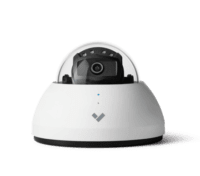
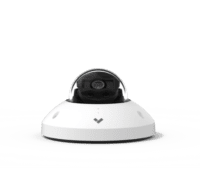
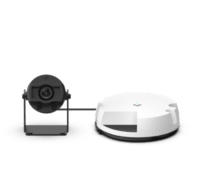
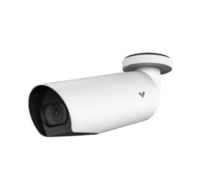
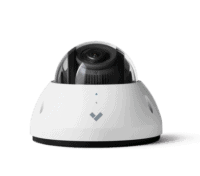
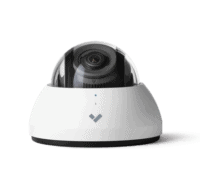
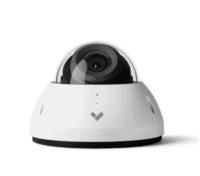
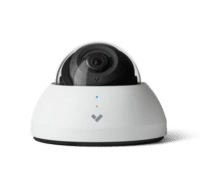
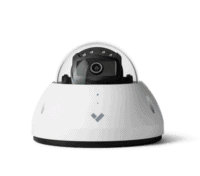

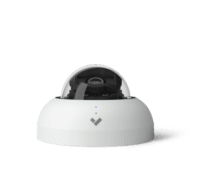
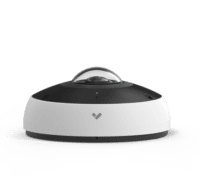
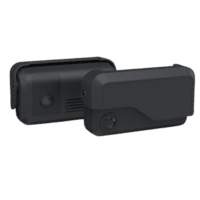
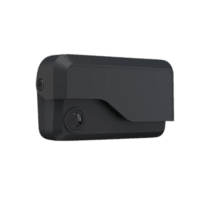
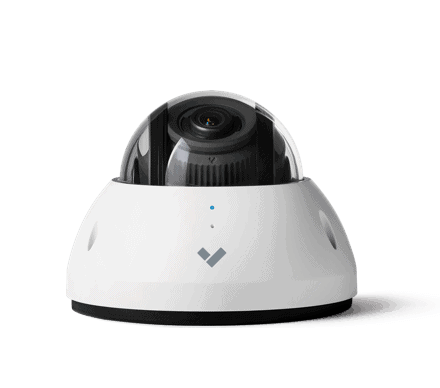 Jon Jones
Jon Jones